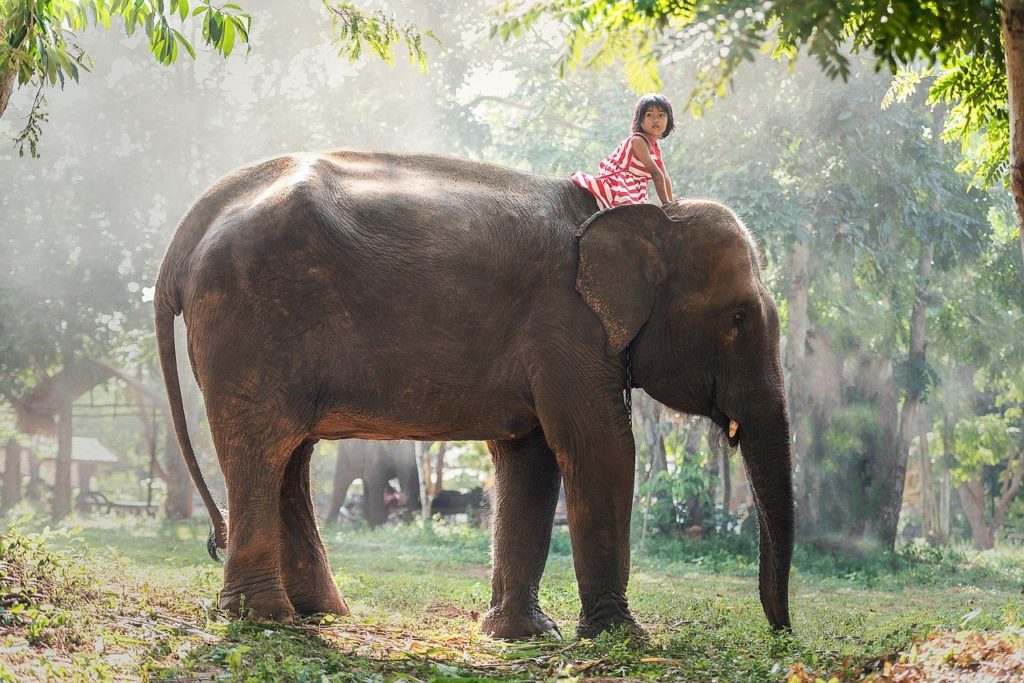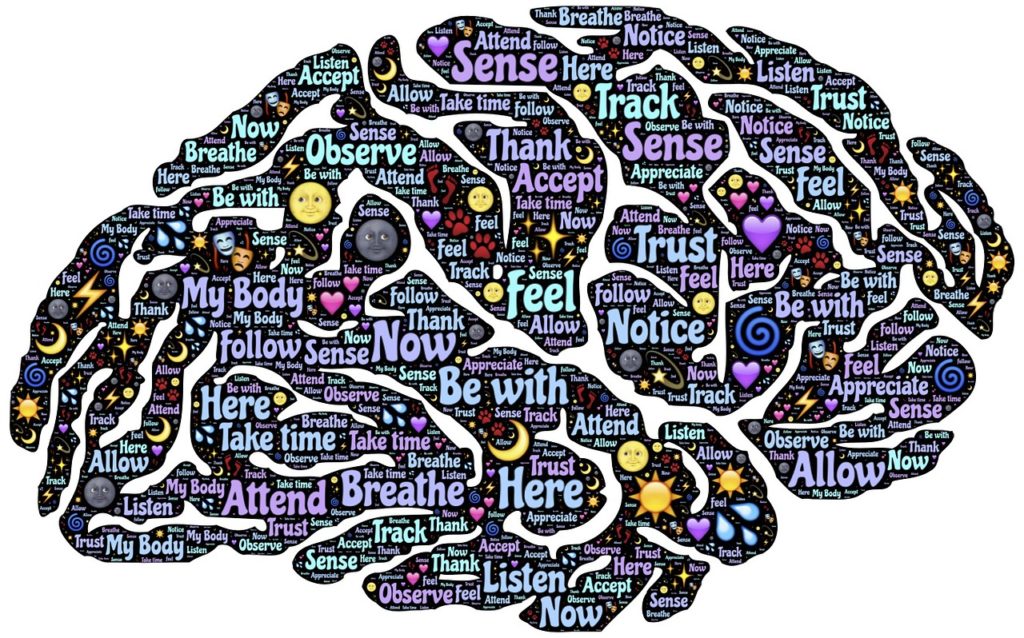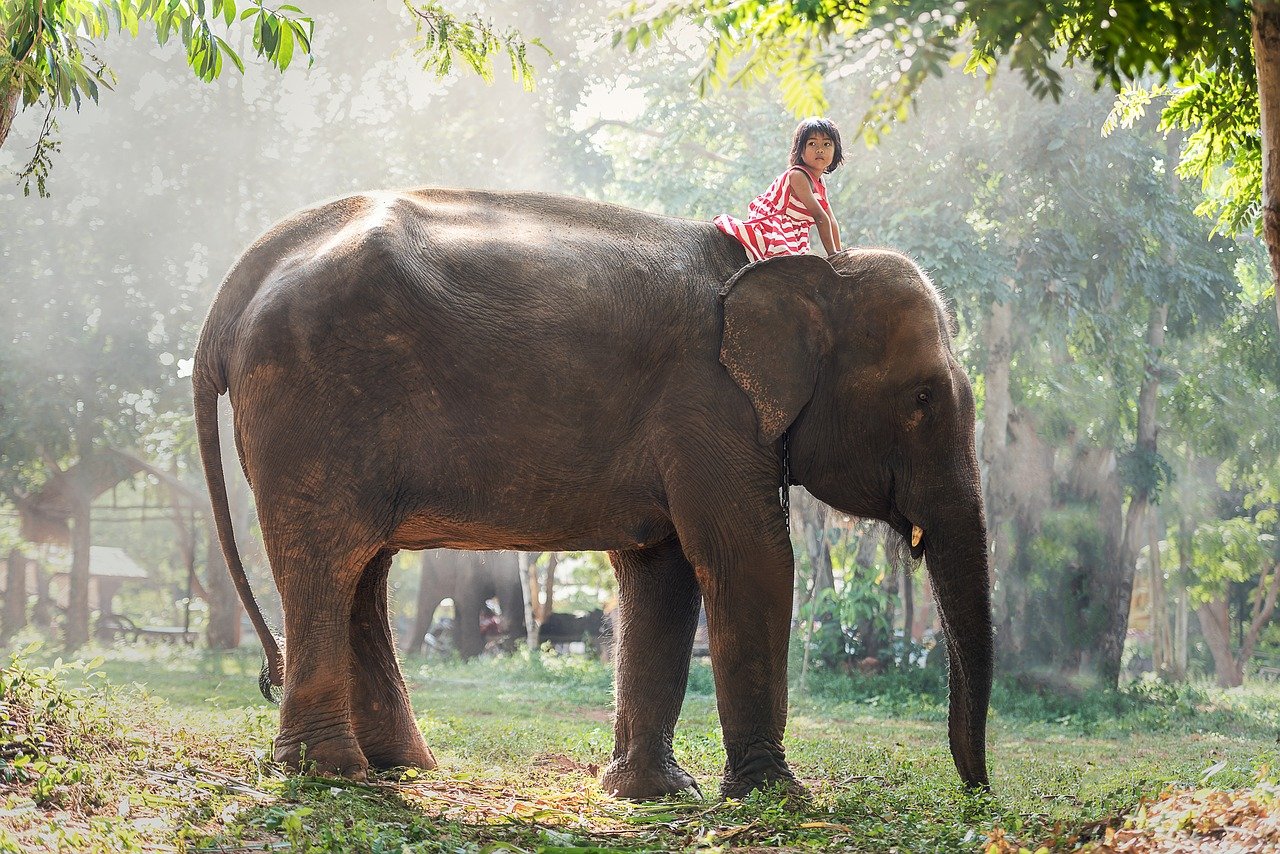ERM-2.1
ERM* – Training the Elephant…
Your Elephant is “the keeper”…of that unique, essential, and genuine you. Your beliefs, your values, your dreams and memories are all held in the Elephant mind. And what you feel…and how you react…and why you do so (in just such the way that you do)…is because of what your Elephant carries within. As previously noted (ref ERM-2), what’s also “in the Elephant” is the product of a lot of past conditioning, the result of your own personal life history and experience, and all its external influences and indoctrination …which started with your parent[s] or early caregiver[s] and moved on to the “teachings” of school, religion, social and entertainment media, and of course friends!
Yet most of what your Elephant has absorbed and now retains has never been questioned (by your conscious, rational Rider) as for its “truth, validity, or relevance” in your life. And thus you are, in a sense, at the mercy of hidden, or at best poorly understood, beliefs…about who you are, why you behave and feel the way you do, and even why you believe others behave or seem to feel as they do. In this you are in large company – for everyone is, to some greater or lesser extent, also the victim of such programming, conditioning, and indoctrination.
______
To realize and recognize one’s having been subjected to – and is now the product of – all this conditioning can lead to some important questions. For example, “Is what I am something I’m proud of, or happy about, or satisfied with?” “Do I want to change some things about myself?” “Can I change if I want to?” “How do I go about making changes I might want in my life?”
One approach in considering these questions is to first acknowledge that, whether or not one wants change, it’s going to happen anyway. For, serendipitous or problematic, change is simply in the nature of things. And, unless you become a hermit, you will continue to change due to those ongoing and inevitable external events, factors, and influences that living one’s daily life brings. In fact, most of our Elephant training is (or at least has been) in reaction to such living experience.
Through the lens of the ERM, however, one may see that change can be proactive, the result of a collaboration (i.e., your Rider and Elephant working together) to effect positive and desired change. And it comes about through your Rider’s learning about, and then developing and applying psychological skills to train the Elephant. (Note: The word “re-train” may sometimes better describe the Rider’s efforts to first undo the damage of false, distorted, or mistaken beliefs while then “teaching” and developing new ones.)
______
So, there are, broadly speaking, two sources of Elephant training: The first is through life experience, generally driven by happenstance (or one might argue fate) through external influences and events – and in which, by the way, one has at best rather limited control. The second is through personal endeavor, this being mostly decided and controlled by you – i.e., your Rider being proactive.
The first (i.e., driven by “one’s living experience”) reminds us that the Elephant has been “in training” and learning all kinds of things ever since you were born. Much of one’s childhood, as previously described, is a training of the Elephant through prescriptive learning, dominated by parental, educational, cultural, social, and (sometimes) religious dictate. And, due in large part because your Rider doesn’t really develop its full potential until well into adolescence, your Elephant is also carrying – for better or worse – the mostly unprocessed experiences of childhood. These include many that were positive and good…but also those that have been quite negative and damaging, the result of teasing, bullying, shaming, trauma, abuse, neglect, or (arguably) fate.
The second kind of training (i.e., driven by your Rider) is something that may be learned (or learned better), and this is what can lead to improving your Elephant’s having “better material to work with” as well as “less baggage to haul around.”
The Rider Approach to Elephant Training
Just as there are multiple learning styles there are different approaches one’s Rider may use to work with its Elephant to effect change.
One approach involves using cognitive skills (i.e., thoughts and thinking) to achieve a better, clearer, broader, deeper, and more helpful understanding of what is going on…which results in Elephant functioning (i.e., “coming up with emotions”) that is more genuine (reflects your true values), truthful (aligned with nature and reality), and likely (at least potentially) positive.
Another approach involves “reprogramming” an automatic reaction (the feeling that “comes up from the Elephant”) that one would prefer not to experience, or experience so intensely (e.g., anxiety, anger). This involves learning language of the amygdala and using exposure (often with the help of a therapist) to essentially “re-wire” the brain (i.e., the Elephant).
______
The Rider is, actually, always trying to work on its Elephant; for “growing up,” at least in part, is about learning how to get what we want and thus ways we think will make our lives better. The problem is that without having learned or developed appropriate psychological skills – which involves proactive effort and practice – it’s too often a mixed-bag of outcomes.
In other words, we are – and too often remain – the product of our conditioning. So, good or mostly good conditioning? Likely better outcomes. But having not so good, or that damaging, harmful, abusive conditioning? More likely painful and debilitating outcomes.
The “good news” is that our Rider can learn how – by our own efforts, but also with the help of others (loved ones, friends, mentors, therapists) – to change what’s in our Elephant…
…and if your Rider reflects on this for a bit, it [you!] comes to realize that’s a lot of what living is all about.
_________________________________________________________
*Elephant/Rider Model: The Happiness Hypothesis, Jonathan Haidt, 2006.



